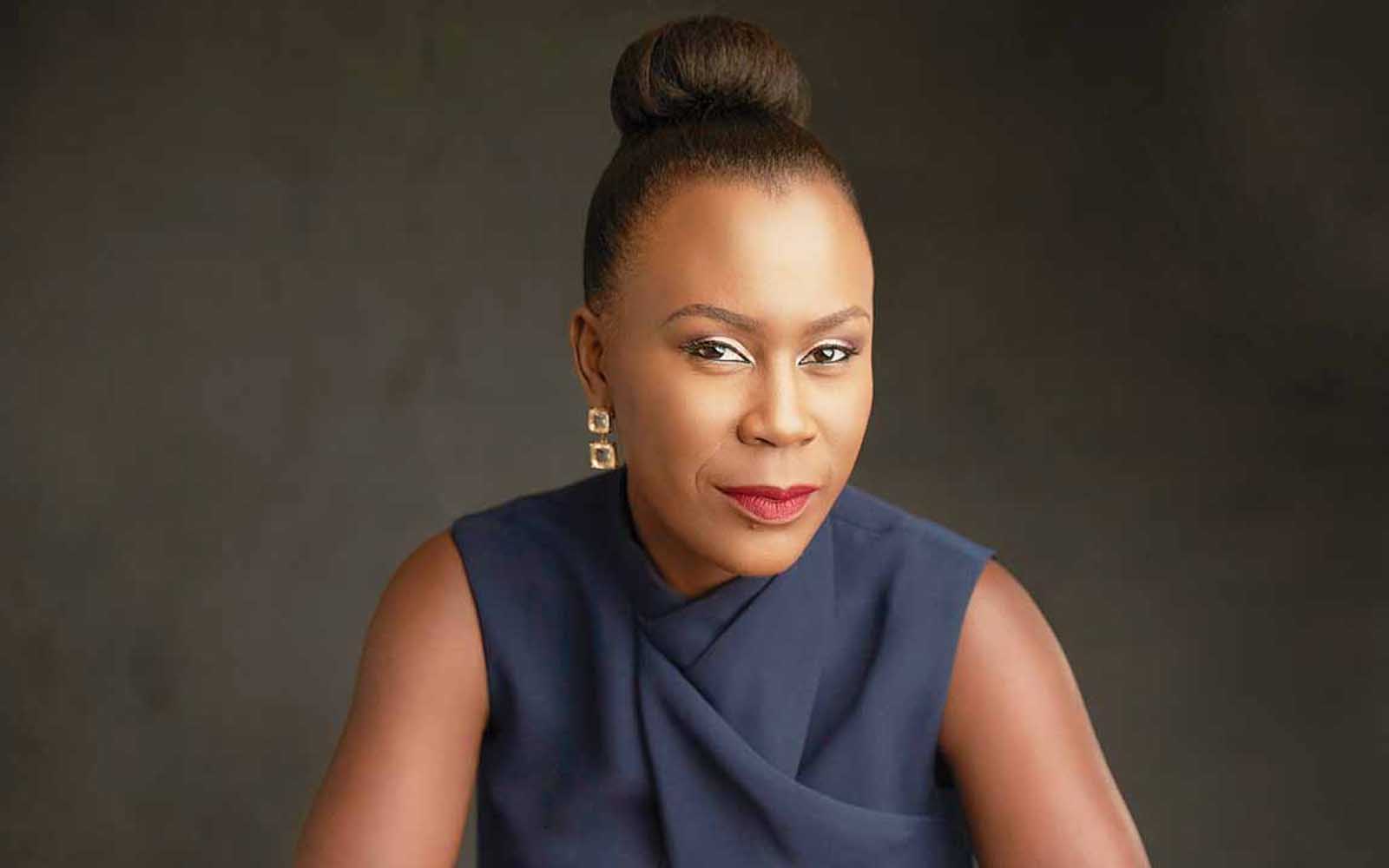I just received the news that Tara has handed over the reins of her business and is moving on.
This, for me, is quite remarkable—and I must say, deeply impressive.
The death of many Nigerian businesses lies in the thick-headedness of their founders and their stubborn resolve to run the company until a few days before their own demise.
Succession planning is a critical element in business survival. It depersonalises the business, ramps up corporate governance, and ensures longevity.
In one of my masterclasses, we had a speaker from a 100-year-old law firm.
The firm, Olaniwun Ajayi, was established by its patriarch, who handed it over to Prof. Koyinsola Ajayi, who in turn handed it over to Owolabi—who, to the best of my knowledge, is not a biological relation.
In Owolabi’s paper, he listed 100-year-old companies operating in Nigeria, and less than 20% were indigenous.
Our founders often approach business and strategy with a “Mr Know-It-All” mindset.
They’ll regale you with stories of the good old days and bore boardroom and management meetings with how they started with N5.
In doing so, they fail to implement a succession plan—or they frustrate the process, believing nobody knows the business better than they do.
That’s why Fola Adeola’s exit from GTB was such a milestone.
Today, his successor appears to be morphing like Emperor Bokassa—reinventing himself repeatedly, all in a bid to remain in power.
Another frustrating version of the sit-tight syndrome is when a founder insists on placing their son or daughter in a pole position, despite the presence of more competent talent within the system.
Serious employees watch as a drug-addled, spoilt brat is railroaded up the ladder simply because he’s the privileged offspring of the founder.
We saw how a certain bank—with diamonds in its name—was brought to its knees because the founder insisted on handing it over to his son. The young man was better at shooting TV commercials and wearing black T-shirts than running a financial institution.
There have been some notable exceptions, like FCMB, where Ladi Balogun was thoroughly trained and well-prepared for leadership. He took FCMB to a new level and positioned it for continental relevance.
Another great example is my brother, Tunde Fajemirokun, at AIICO, and the Odukale brothers at Leadway.
But by and large, the pattern has been one of catastrophic failure—brilliant institutions wrecked by the very people who built them or by handpicked successors who fast-tracked their demise.
Founders and leaders must understand from day one that they will eventually need to step aside.
Every organisation, at some point, needs fresh legs and fresh ideas to navigate the volatility of the marketplace.
This is why Tara’s move is so remarkable.
She has demonstrated a clear understanding of the principle of change in business, especially in a sector that is fast-paced and trend-driven.
The need to transform, inject new energy, innovate, and re-engage is critical in her industry.
This new leadership appears to tick all those boxes—and then some.
You can already see the difference in how the brand has been hugging the limelight since the announcement.
If properly managed, this attention will translate into increased market share.
Tara is expected to step into an advisory role at arm’s length. This means offering valuable insights without bulldozing her way into decisions.
She must follow the example of advertising titan Biodun Shobanjo, who reportedly ceded managerial powers to his successors and moved on.
When founders insist on bearing down on their successors, it often creates tension and drives quality talent away from management.
Many retirees quickly become bored and start interfering—leading to confusion and sometimes outright chaos.
Tara has made the right move, but I hope she has also put the proper governance structures in place—ones that guide the new leadership while giving them the freedom to bring their own vision and personality to the table.
Without such structures, the business risks vision drift, derailment, and the kind of ambiguity that allows the founder to make an unplanned comeback.
I’m sure Tara is working with solid financial advisers on this journey. If not, please, someone send her my number.
















